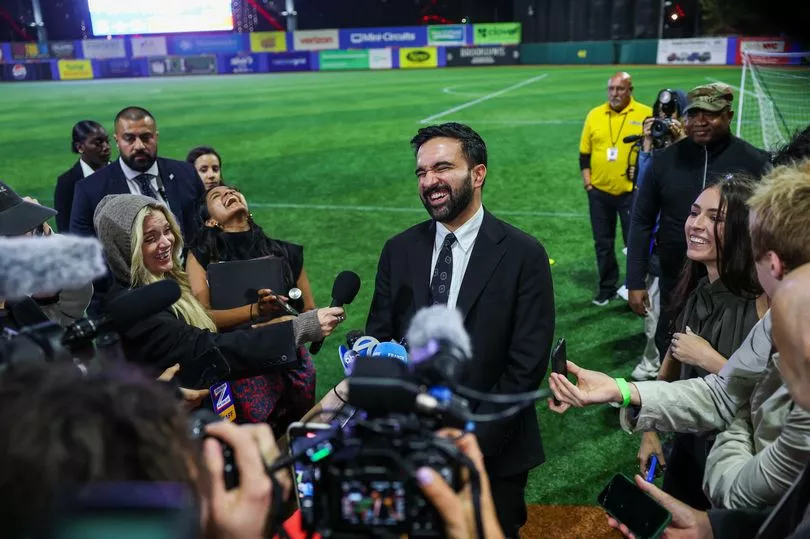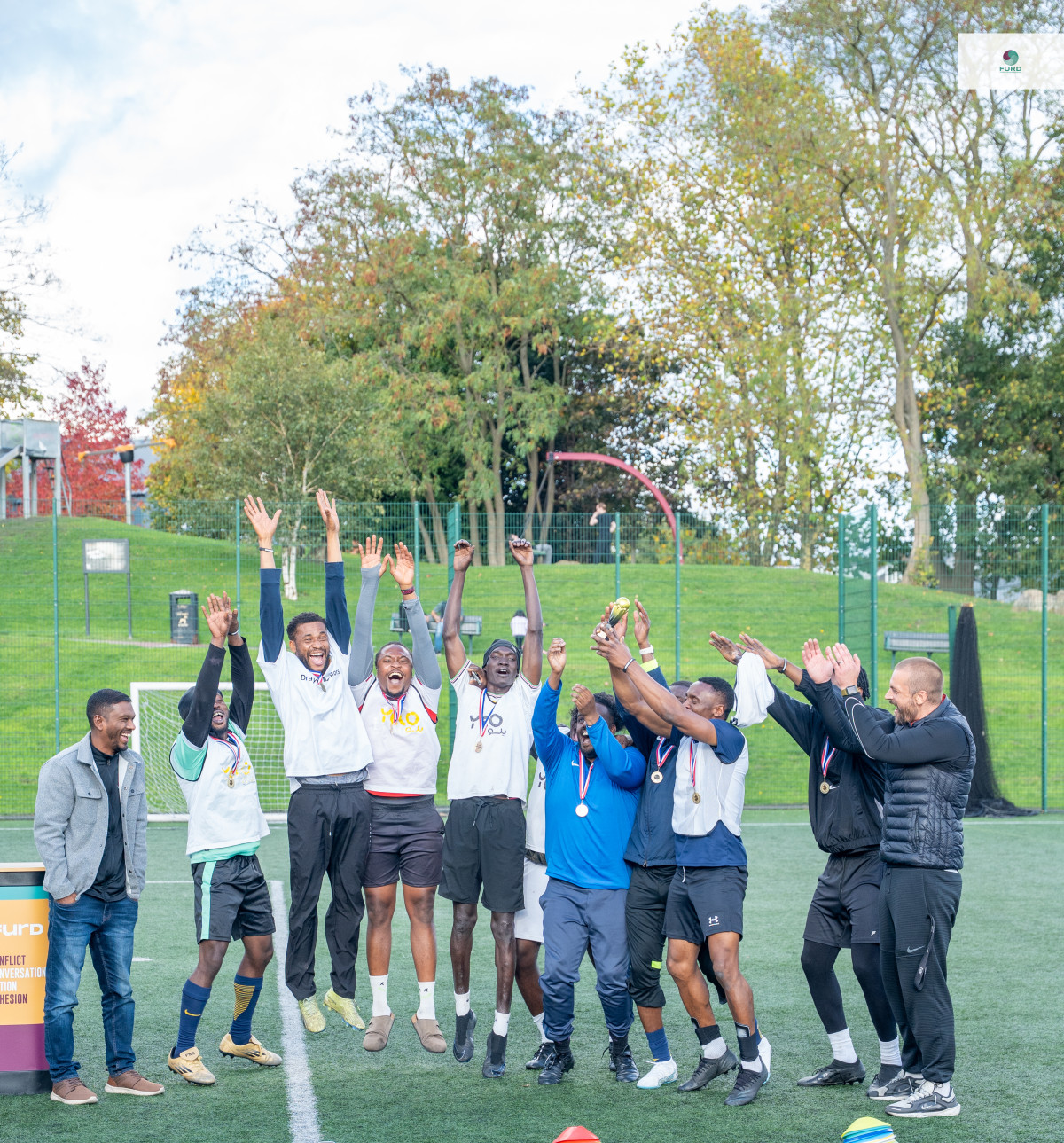In an early activity as part of the FARE Action Weeks a symposium will take place focusing on football, race and the law, led by a leading authority on sport and race, Professor Ben Carrington of the University of Texas at Austin.
The talk, taking place in central London in late September, will be followed by a panel discussion from leading figures from the world of sport, journalism and law.
The symposium seeks to put many of the recent UK controversies concerning racism and sports into a broader historical perspective, to address the central question of how the law can be more effectively used to challenge racism today, and to outline what actions fans, players, governing bodies and the legal system need to take moving forward. The organisers have published an abstract.
The event is free to attend.
Event details
Tuesday 25th September, 6.30 - 9.30pm, The Institute of Education, 20 Bedford Way, London, WC1H 0AL (Nunn Hall, Level 4).
There are limited spaces for this event so please rsvp early to mmooredevelopment@gmail.com . Entry will be permitted only to those names on the email response list.
The seminar is produced by Moore Development Consultancy and David Neita Elect with support from The Runnymede Trust, the FARE Network and the Institute of Education.
Sport in the dock - Abstract from the organisers:
With the conclusion of the John Terry trial, in which the Chelsea and England footballer was found not guilty of racially abusing Queens Park Rangers’ Anton Ferdinand, the issue of racism and football, and of racism in sport more generally, has once again returned to public attention.
An urgent set of questions arise concerning the role of the law in regulating social behaviour and the extent to which legal remedies should be used in the fight against racism in sports.
Many commentators have argued that the Terry-Ferdinand case should not have ended up in the courts at all – where a higher legal bar of ‘beyond reasonable doubt’ exists – and that such incidents should be dealt with by the appropriate sports governing bodies.
But how committed are such institutions to the fight against racism and do they themselves fall foul of what William Macpherson’s Inquiry into the murder of Stephen Lawrence referred to as ‘unwitting racism’? How far have sports really progressed in eradicating racism from the playing fields, terraces, dressing rooms, and the executive board rooms? Do the sportsmedia (print, radio and television) themselves deserve more critical attention. What forms of racism and antiracism are being produced by new social media such as Facebook and Twitter?
Given the importance of sports in society and the continuing examples of racism across a range of sports, do we now need a Macpherson-style Inquiry or Public Commission into the topic of racism in sports in Britain?
This event seeks to put many of the recent controversies concerning racism and sports into a broader historical perspective, to address the central question of how the law can be more effectively used to challenge racism today, and finally to outline what actions fans, players, governing bodies and the legal system need to take moving forward.





